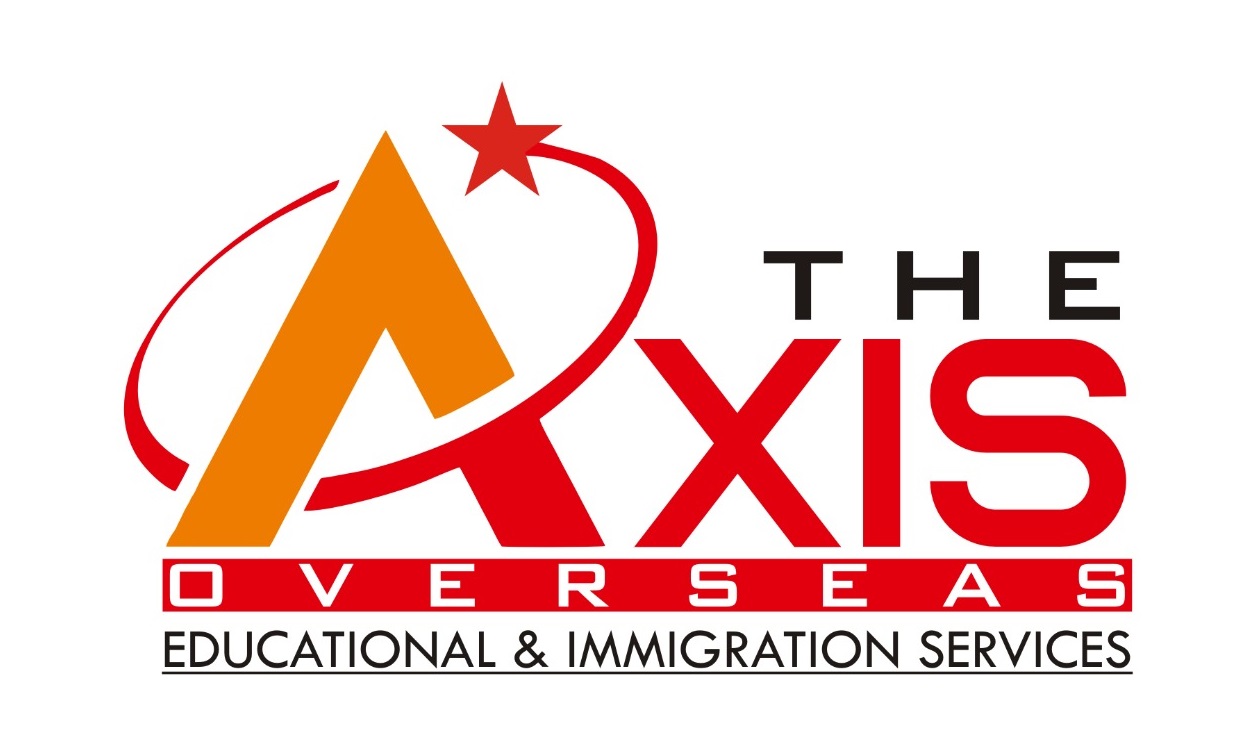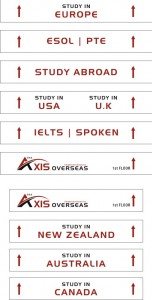In Canada the education system was divided into three stages. A very important point in Canada is its potentiality in literacy. If we search for the illiteracy rate in Canada hardly we can’t find it more than 4%. This was happening because the Canadian government has laid basic foundations. If we talk about the education stages in Canada the education system is divided into elementary education, is a secondary education and higher education.Higher education in Canada begins after the compulsory secondary education. Students depending on their skill sets and capabilities pursue graduate studies which are both professional and vocational in nature.
Biochemistry and Computer Science have been among the fastest growing disciplines at the bachelor’s level in the last five years, closely followed by Nursing, Sociology and Psychology.
Higher education in Canada begins after the compulsory secondary education. Students depending on their skill sets and capabilities pursue graduate studies which are both professional and vocational in nature. Biochemistry and Computer Science have been among the fastest growing disciplines at the bachelor’s level in the last five years, closely followed by Nursing, Sociology and Psychology. Canadian universities have earned an international reputation for excellence. Their faculty has recognized research and teaching strengths in areas such as computer sciences, business (including MBA programs), health sciences, law, ocean studies, natural resources, and agriculture.
As a bilingual nation, Canada offers superior English as a Second Language (ESL) and French as a Second Language (FSL) programs for students wishing to learn either or both languages.
Scholarship
When we consider about scholar ships in Canada it is limited when compared to some other nations. They rarely cover the full cost of a study program and they are not always easy to find. For international students the scholar ships available at some Canadian institutions only with respect to student performance. The scholarship amount vary from institute to institute and the scholarship can be availed only part of the students education and living expenses. Regarding the scholarship information the complete details will be displayed in the calendar of each university very specifically in their websites. To obtain scholarship in Canada it is very competitive and applications must be made directly to each university along with the application for admission. Community and Career Colleges do not usually award scholarships nor do school boards or most private schools. In Canada there were different organizations that administer different scholar ship programs and them for graduate students and professors who are studying and doing their research on a specific subject. A very important note for the students who are seeking scholarships it is better to check out the possibilities in home nation only through public and private organizations.
Cost
The cost of housing varies widely. Prices depend on the location, age and condition of the apartment or house, and the local market. You can expect to pay from $350 a month for a room to $2,000 a month for a luxury apartment or a house. Housing is usually less expensive if it is outside a large city. Purchase prices for houses range considerably depending on the city, town or location where you buy. When you are budgeting for your housing costs, you may have to allow as much as 35 to 50 percent of your income. This should include the cost of such things as heating, electricity and other utilities.
Insurance
Canada is equipped with good medical facilities. In Canada some universities require insurance.
You should apply for a health insurance card as soon as you arrive in Canada. Each member of your family, even babies, must have their own health insurance card.
All Canadian citizens and permanent residents are eligible for Medicare. In some provinces, temporary workers, students and others who are in Canada temporarily may also be eligible.
To apply for a health insurance card, contact the Ministry of Health in the province or territory where you live. You can get an application form from any doctor’s office, hospital or pharmacy, or directly from your Ministry of Health. Apply for your health insurance card as soon as possible after arriving in Canada.
You will need to show your birth certificate, you’re Confirmation of Permanent Residence (IMM 5292) and your passport when you apply for a health card. You can also show your Permanent Resident Card. You may also need to provide other documents showing your name, address and signature. Contact your Ministry of Health for more information.
In most provinces, you will receive coverage as soon as you apply for your health card. In British Columbia, Ontario, Quebec and New Brunswick, there is a three-month waiting period before your coverage begins. You should buy your own private health insurance in case you need medical care during the waiting period. Private insurance companies are listed in the yellow pages of the telephone book. You can also get help finding private medical insurance from an organization that helps immigrants.
People claiming refugee status who are needy or living in a province with a three-month eligibility waiting period can get emergency or essential health-care services through the Interim Federal Health Program.
Basic requirements
65-70% for admission in your 12th grade for undergraduate study in a university Community colleges and Technical Institutes are more flexible)
Minimum of 550 in your TOEFL score (paper-pencil test)/213 (computer based test)
For Masters degree you require 16 years of education(10+2+4)
Work experience and a GMAT score of 600 range for MBA programmes
The process of making an educated decision on your place and programme of study and receiving the necessary authorizations can be lengthy. We, therefore, recommend that you begin your research one year in advance.
Intake in Canada: September and January
Indian Diaspora
Canada can boast of an enriching community of Indians who migrated to Canada long ago. This country is still one of the most sought after nations to migrate to. With some excellent educational programs and job opportunities the number is growing every year. Toronto’s Indo Canadian community is fairly diverse and includes people primarily of Punjabi, Gujarati, Tamil, Keralite, Bengali, and Sindhi ethnic backgrounds. There are well over 100 Sikh societies in Canada alone and the same number of Hindu societies/temples as well. Hindu temples are usually established by separate Indian ethnic communities. There are numerous radio programs that represent Indo-Canadian culture. A number of Canadian television networks broadcast programming that features Indo-Canadian culture. Indians have surely established a mark in the field of governance, art, culture, literature, and education.
Indian embassy
Indian Embassy in Canada High Commission of India
10, Springfield Road, Ottawa, Ontario-KIM 1 C9, Canada.

